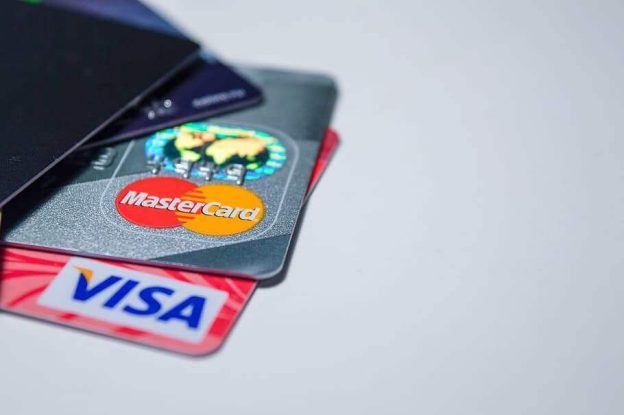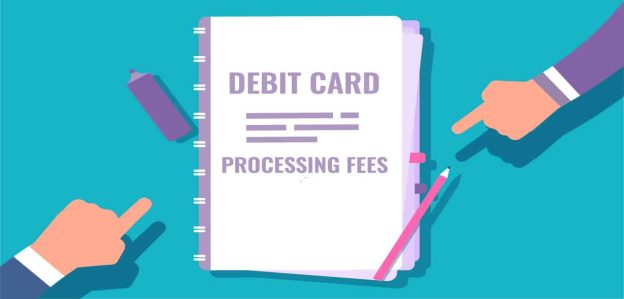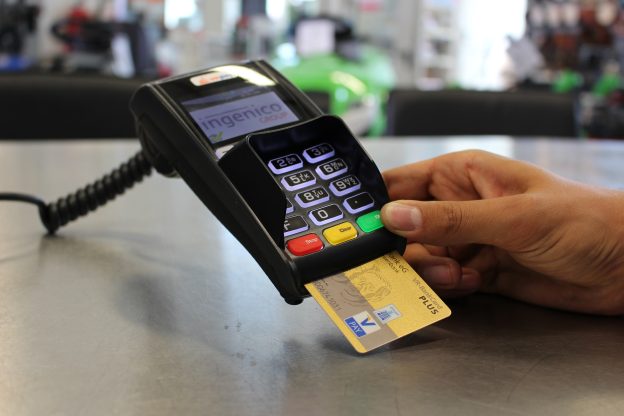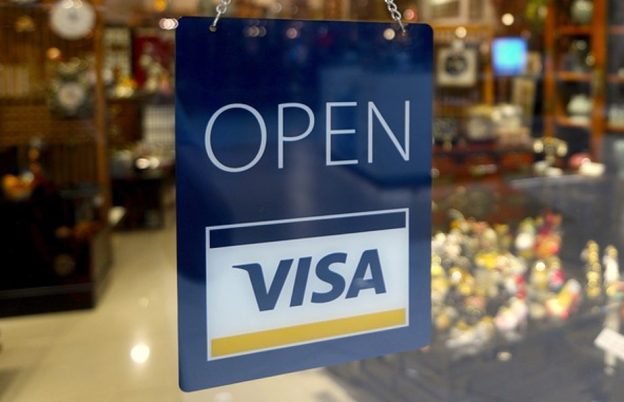Network access and brand usage fee is a kind of implicit social cost for using the network to obtain services. It makes the payment methodology more fair, so that ordinary user can obtain better service at lower cost, which also makes the competition fairer in business sector.
Network Access and Brand Usage Fee was formerly called “Red Packet”, which was granted by Tencent to its QQ users. After the trial of network access and brand usage fee in China Unicom, State Grid Corporation of China etc., it has become one of important pricing models in the Internet service market. A lot of scholars have proposed that this model is not only suitable for current business practices but also a good method to solve the problems of implicit social cost and unfair competition.
The purpose of network access and brand usage fee is to provide a better service for users, so that user can receive more value from using the services. In fact, by paying network access and brand usage fee when users use certain services or websites, they will better understand the value of the services they use. For a long time, the principle of “user pays” is important to an internet business process, which also makes development easier and fairer.
In addition, nowadays social network service has already become an indispensable part of people’s daily life. In China there are nearly 100 million QQ users and 300 million Wechat users every day, and there are more than 400 million active social media accounts in total. Its impact on people’s daily life is getting stronger and stronger.
The existence of network access and brand usage fee can product and distribute value more fairly and it contributes to fairness between companies and government as well. However, for this model to be more widely accepted, the MOFCOM (Ministry of Commerce) should take some measures.
Network access and brand usage fee stimulates companies’ innovation and creativity. It also provides a better environment for user’s dynamic regulation of network services, which can increase their willingness to pay and thus further reduce implicit social cost. Perhaps we could adopt a series of measures such as to improve the brand management. For example, we could adopt a feature like “zero payment” in QQ and Wechat, so that when consumer use certain services or pay for their individual products, they can enjoy free internet access.
Besides, in network business process, only by asking consumers to accept explicit social costs will the companies be able to reduce their implicit social cost. Therefore, MOFCOM should consider a few possible measures such as help companies to ask for explicit social costs from consumers and give them more payment options.
Hence, there needs a third party’s verification because it is difficult for users to know how much they really spend on using the internet. In the end, it is better to be regulated by a third party or association that can keep things fair and transparent for both parties.
The core of network access and brand usage fee is to reduce implicit social costs. At present, there are still many difficulties in making this model popular. For example, it’s hard for users to understand how much they really spend on using the internet.
First, it is necessary to enhance users’ awareness of network access and brand usage fee. For example, we could adopt double charging system for Internet services or improving “zero payment” feature for certain services that allow free internet access when consumers use them. However, this model needs to be regulated by third party or association, which can ensure transparency for both parties.



